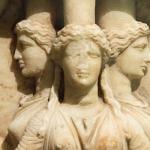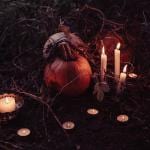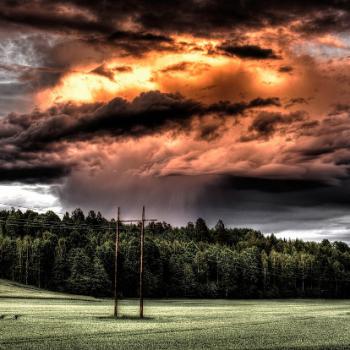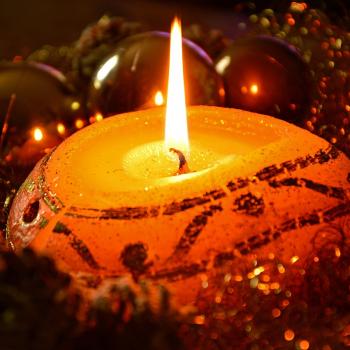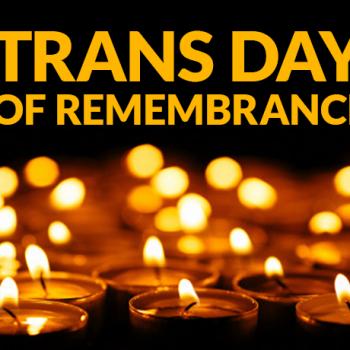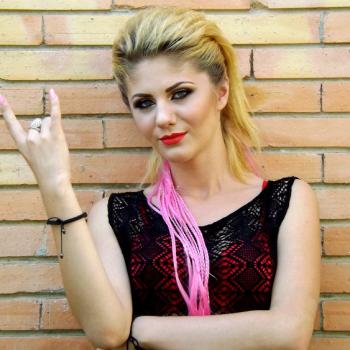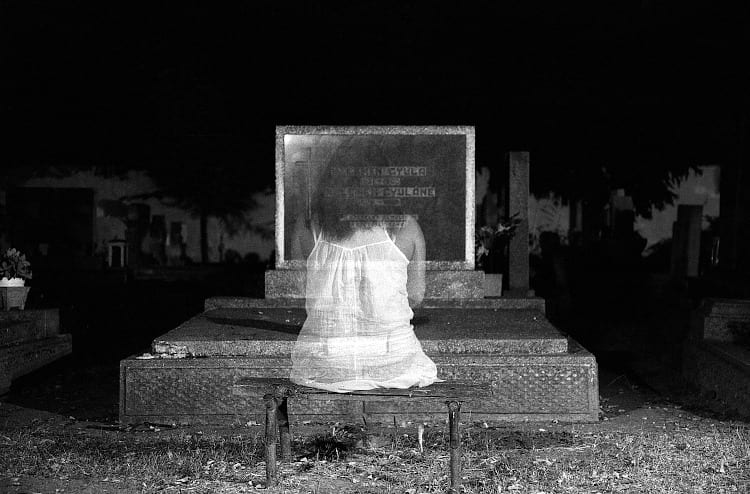
The Greeks obviously didn’t have Samhain, but they sure had their spirits.
In a discussion on one of my Facebook groups pertaining to Greek polytheism, we discussed the notion of Samhain. Samhain, while a Celtic holiday, has permeated the pagan community to the point where it’s hard to not talk about. Someone asked whether or not the ancient Greeks had any sort of traditions where at any particular time of the year that were similar. Were there any sort of “thinning of veils” or increased spirit activity in general in ancient Greece?
It is true that once a month around the new moon on Hekate’s Deipnon, spirits were said to roam freely. It’s also true that the timing of the Greater Eleusinian Mysteries was around autumn. There is a fair chance that bodies of lore exist from region to region in ancient Greece where one could more likely see and experience the dead more than most. There literally being a “Samhain” rite in ancient Greece is obviously not a thing, but similar ideas at different times of the year most certainly.
Are thinning veils or veils at all actually a thing?
But is there truly a “veil” that thins around this time of year? Morgan Daimler in their blog makes the argument (and I agree) that there isn’t as much “veils thinning” as much as there is increased spirit activity. I honestly feel that this makes the most amount of sense.
I think that the notion of veils comes from perspective. People tend to base their notions of reality of what they can see versus not. If they can’t see it, it’s not present, etc. It stands to reason that the “veil” theory is along those lines. It is not so much any sort of thinning of veils between worlds as much as the activity from those other worlds is increasing. Some have even noticed that the average activity regardless of season has been picking up.
Is the perception of either “veils thinning” or increased activity a universal thing?
I don’t think it’s as much of a “universal” thing as much as people’s awareness of certain types of spirits varies greatly. Connections to the underworld, the fae, and/or strong Celtic ancestry may play a role. I suspect having one or more of those connections determines how much the current season impacts you. As for myself, I happen to have all three. In other cultures that have their own local spirits such as the djinn it is a similar deal. Personally I happen to know of people of Middle Eastern descent who are very sensitive to djinn activity.
One’s lack of awareness of certain types of spirits does not negate their existence. On the other hand, enough people experience otherworldly phenomena around this time of year to validate that this is indeed a very real thing. It’s the nature of that thing however which is debated.
While there are many theories, I think people’s personal connections play a role. And those connections are frequently shared by others.
What happens to people around this time of year who happen to be sensitive to these “energies”?
It depends on what you’re sensitive to exactly. For some of us, we wake up frequently around the same time every night and find it difficult to go back to sleep. Our psychic senses are in overdrive, and the relevant spirits with whom we have a connection are for the lack of a better analogy are essentially trying to invite us to their “party”. Some have weird dreams or increased magical phenomena happen around them. Others outright see physical apparitions. If you’re sensitive to the dead, it’s true that you may depending on certain connections you have or traditions you belong to perceive them more clearly at this time of year.
Those of us who experience similar things tend to gather together and commiserate. If nothing else, peer support is where it’s at.

